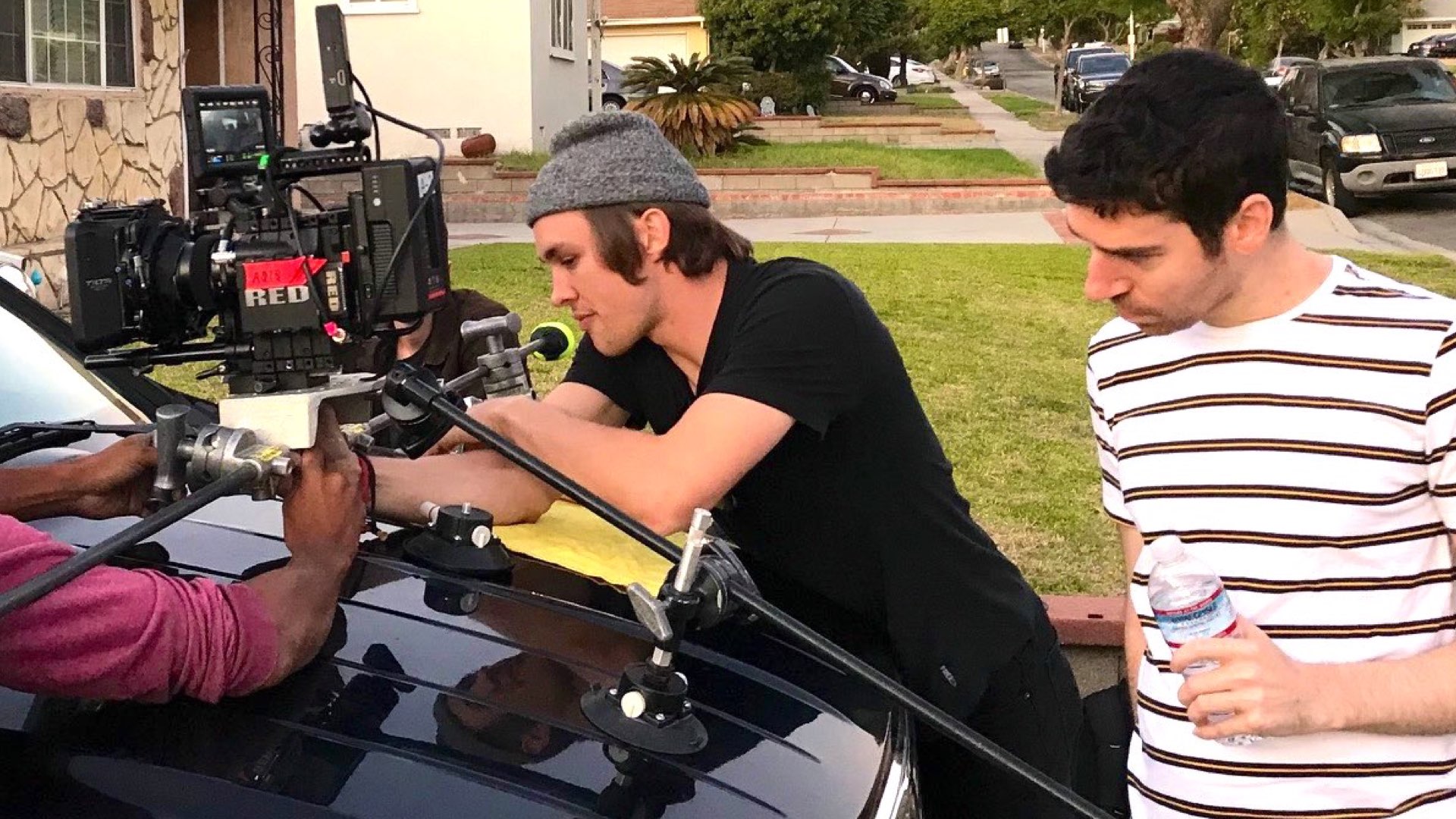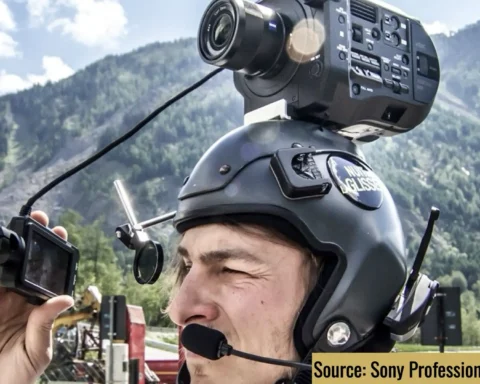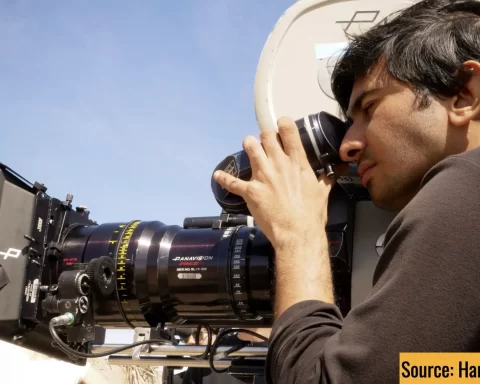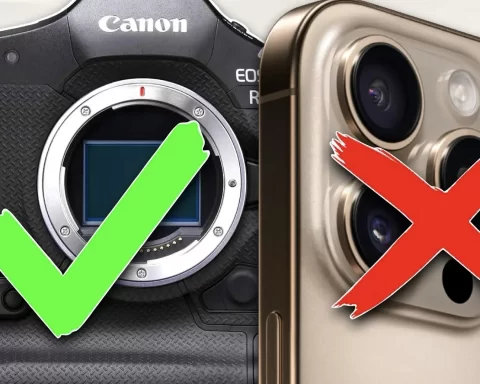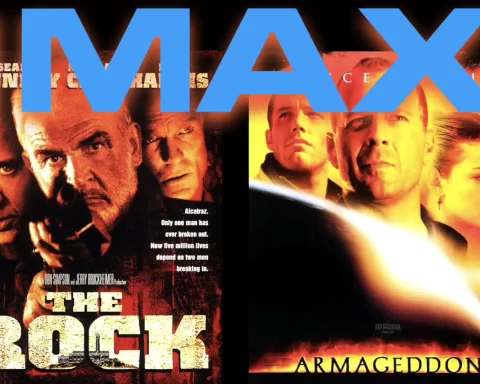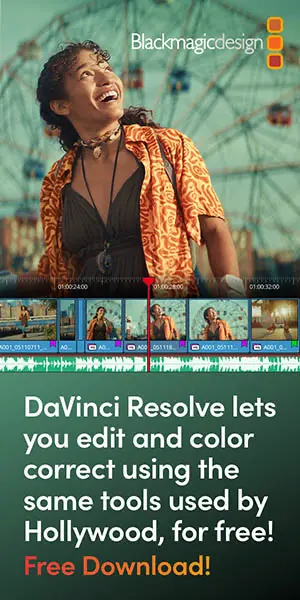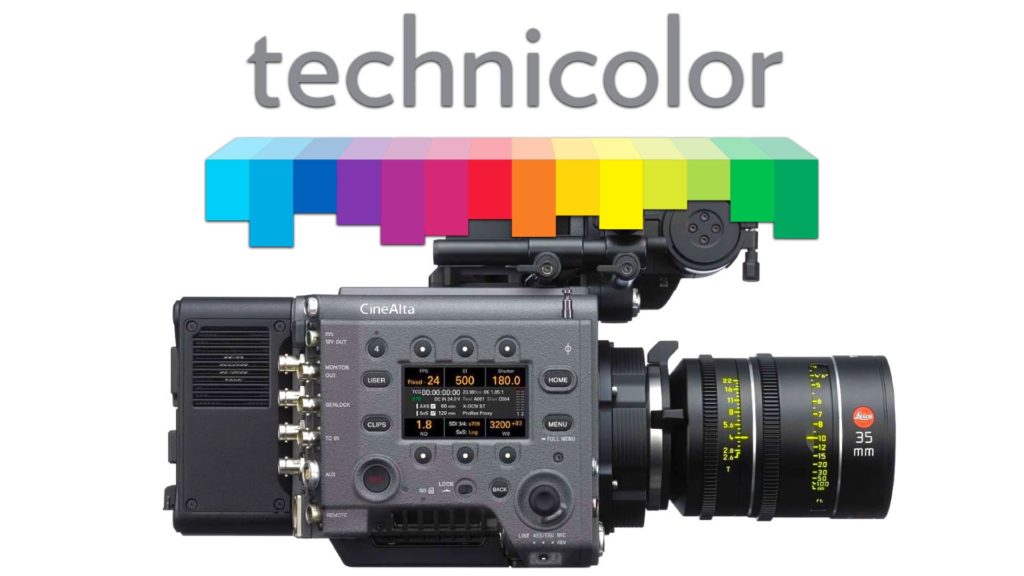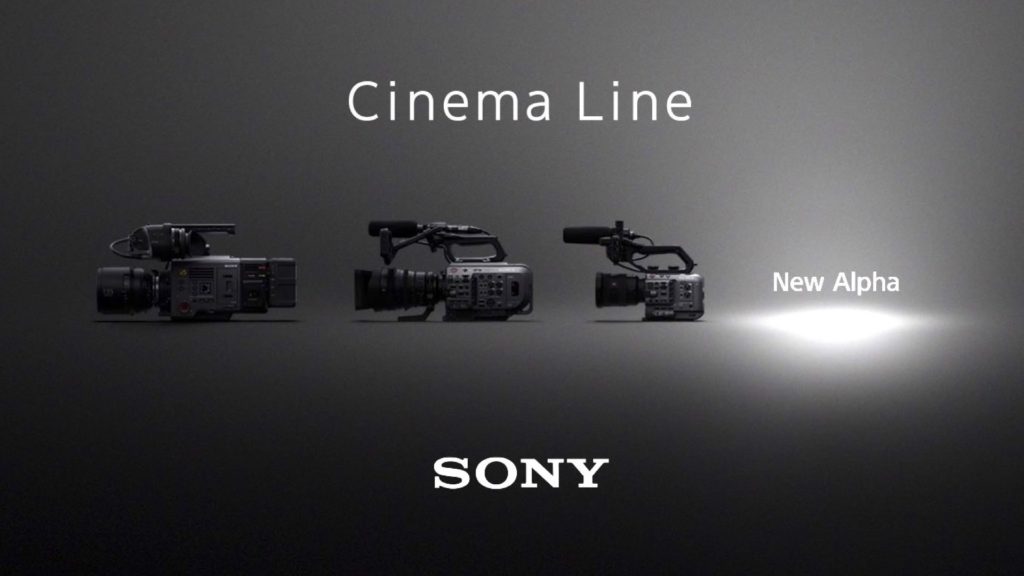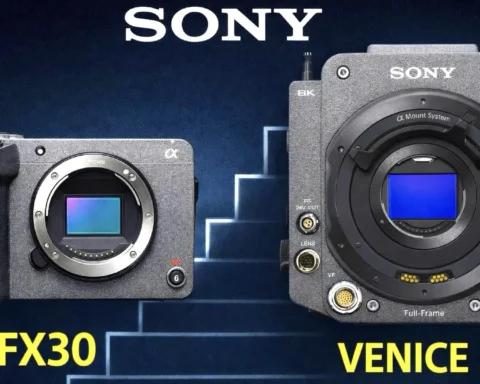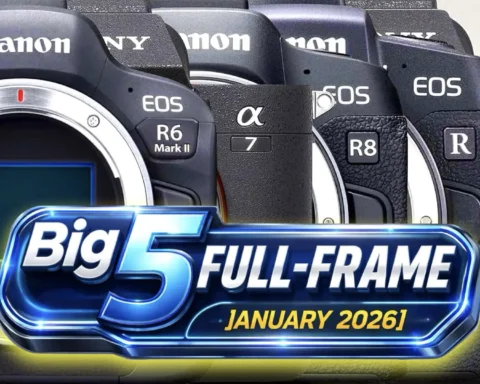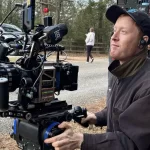Nowadays, almost everyone can make a film. However, developing a filmmaking career is a whole new ball game. It’s hard and tricky, and most of your success will be based on your ability to establish well-deserved connections. Filmmaker Michael Matteo Rossi has been done just that. Listen to what he has to say about networking, funding, and social media tips.
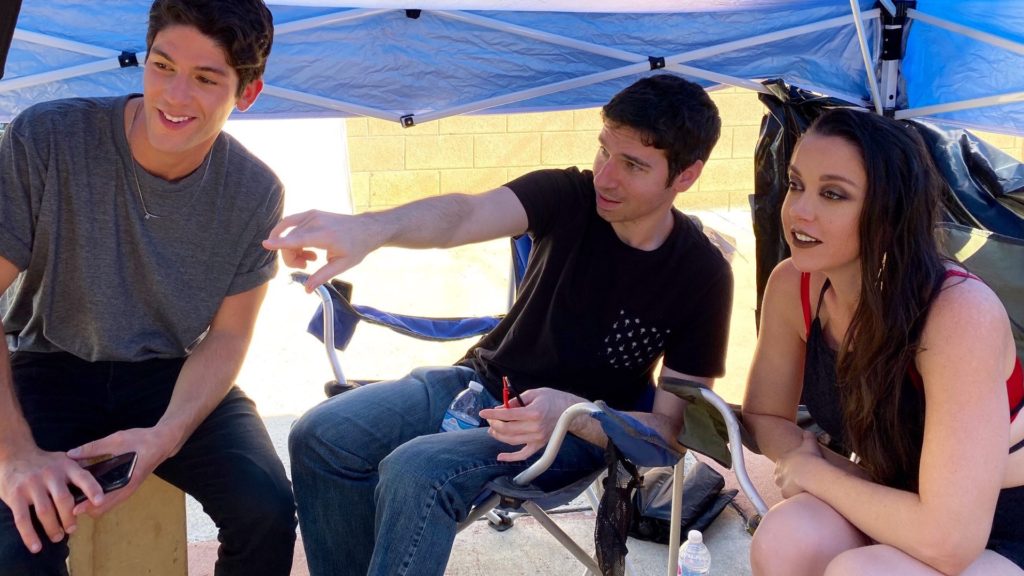
“You can either wait or create”
Michael Matteo Rossi (1987) is an American film producer, writer, and director who specializes in independent projects. He is most known for his action-thriller film Chase which won the Best Action Feature award at the Hollywood Reel Film festival, and for his feature Misogynist, which starred Jonathan Bennett, and won best narrative feature at the Los Angeles Underground Film Festival. “I knew by the time I was at San Diego State that I wanted to turn some of my short scripts into films. I didn’t want to wait until I graduated to get a head start; already knowing that this business was not only cutthroat but also took a long time to develop and make films. Using the little resources I had at the time, I reached out to a few people and when I was a sophomore in college made my first short”.
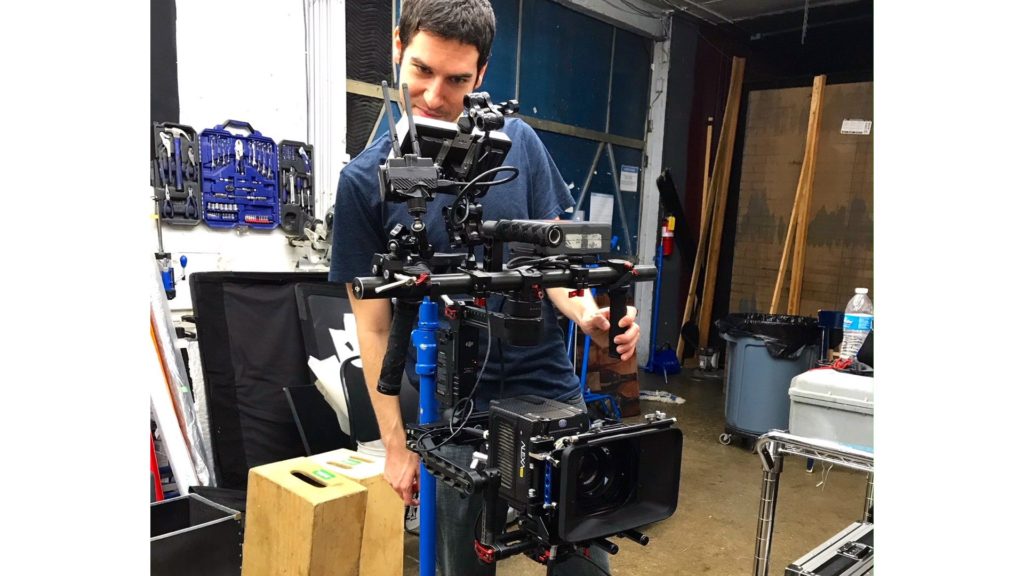
I tried to go the more ‘traditional’ route, by applying for internships and side gigs like that, but then realized I like to be in control of my own work and content, and after a while, told myself to pull more of my resources and make my own films.
Filmmaker Michael Matteo Rossi
Write – Produce – Direct – Repeat
Michael says that all he wanted to do is to write, produce and direct, and once he graduated he went back to LA to try and establish a career as a filmmaker. “To be honest, those first few months were some of the lowest points of my life” he adds. “I tried to go the more ‘traditional’ route, by applying for internships and side gigs like that, but then realized I like to be in control of my own work and content, and after a while, told myself to pull more of my resources and make my own films”.
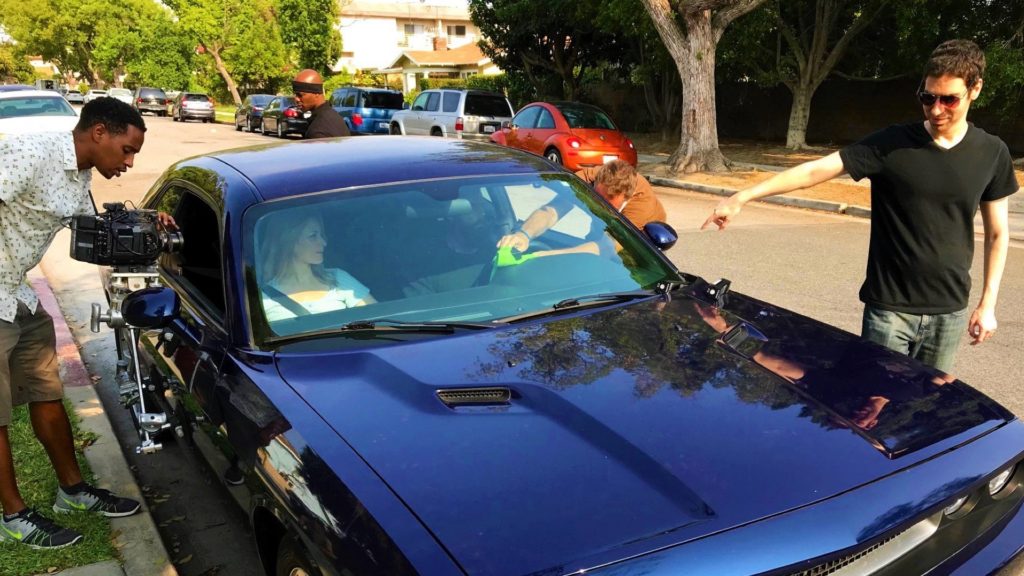
First feature film
Michael emphasizes that there is nothing wrong with working your way up from an internship and building up from there, but he just knew it wasn’t for him. “There were of course pitfalls and close calls in terms of securing financing, people wasting your time, etc but I didn’t let that phase me. I understood that you need to have a thick business in this industry and wasn’t going to let me get discouraged to the point of giving up. It loved making films way too much to let that happen”. After hard work, Michael made his first feature film, Misogynist, which is a low-budget project that has shot for over 7 days.
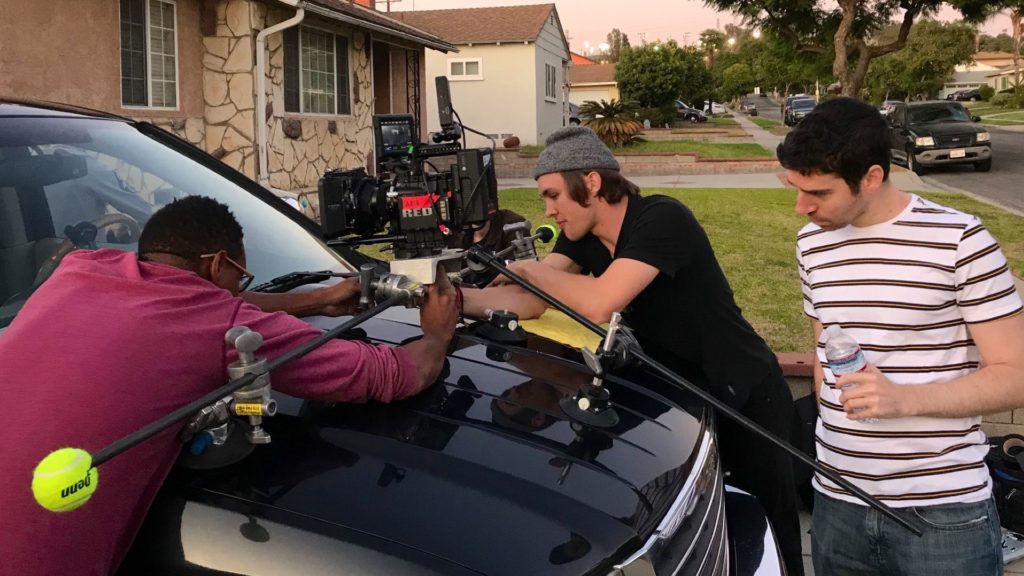
There were of course pitfalls and close calls in terms of securing financing, people wasting your time, etc but I didn’t let that phase me. I understood that you need to have a thick business in this industry and wasn’t going to let me get discouraged to the point of giving up.
Filmmaker Michael Matteo Rossi
Utilizing social media in order to found connections
Around that time, Michael started using his social media channels extensively in order to promote his films, work and to give advice on the experiences in the business and how to navigate through it. “It started to pick up, especially on Twitter, and that’s when I realized not only was it helpful to networking so much on there, but it was also therapeutic for me too,” he says. The more I posted about it, the more connections I was making, and to this day I’ve directed 6 features, countless shorts, produced other features, directed and produced a pilot, and other trailers too.
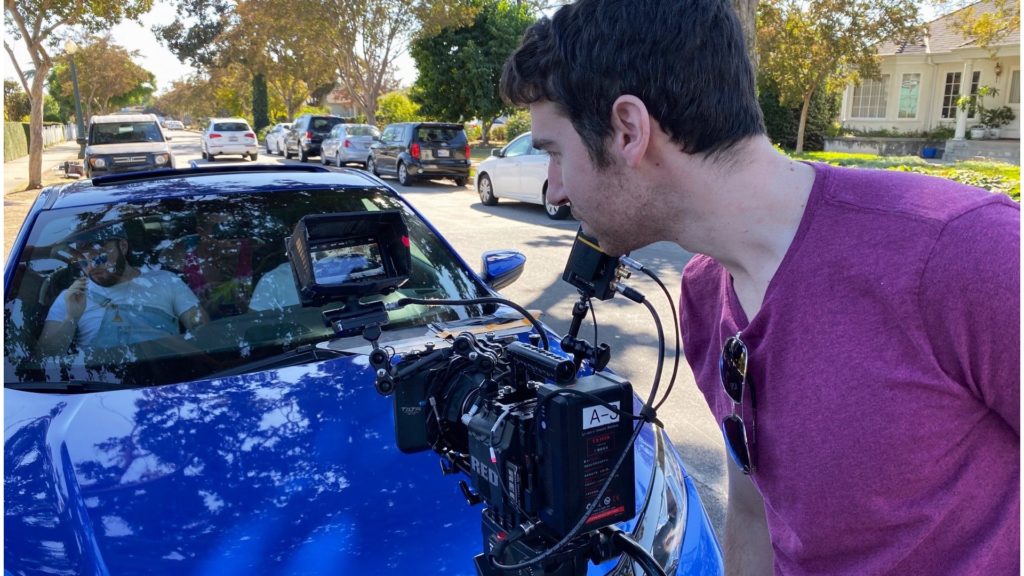
The reel is a MUST
Y.M.Cinema Magazine: Give some tips to the readers what are the best ways of sharing what they’re doing in order to accumulate connections? What are your business development secrets?
Michael Matteo Rossi: I would say definitely have a reel or compilation of your work. If you’re a director and have even just done a couple of shorts, choose the best scenes or clips and put them together in a reel (could be a quick min reel or a longer 5 min reel) and put your best work up first. To this day, I have my demo reel pinned to the top of my Twitter page so that if anybody doesn’t know my work and decides to follow me, they can see very quickly a highlight of my films. I also know it gets overstated a lot, but networking is vital and social media is a good way of using it. I’ve found Twitter to be a great one people even with popular hashtags in our industry like #filmtwitter or #writerscommunity you can network with some on there. Building a team is key too; once you start working with the right people keep working with them to build up together. Don’t be afraid to send inquiry letters to those you want to work with either through their agent or directly if you can (however be very professional about it and do not be upset if you don’t get a reply back).
Raising funds on the indie level
Y.M.Cinema Magazine: What are your tips and tricks in regard to raising money for your independent films?
Michael Matteo Rossi: By far the most difficult thing is raising money on the indie level. I would say once you have some short films under your belt, it’s good to network out and see because investors want to see what you’ve done so they know what you can do and get a return on what they invest. There are also the crowdfunding sites like Indiegogo, etc that can be helpful too. You also need to invest in yourself especially at the beginning. Save up a little money on the side and put it towards your films if need be. There are always things we can cut back on to allocate some funding towards what you’re passionate about.
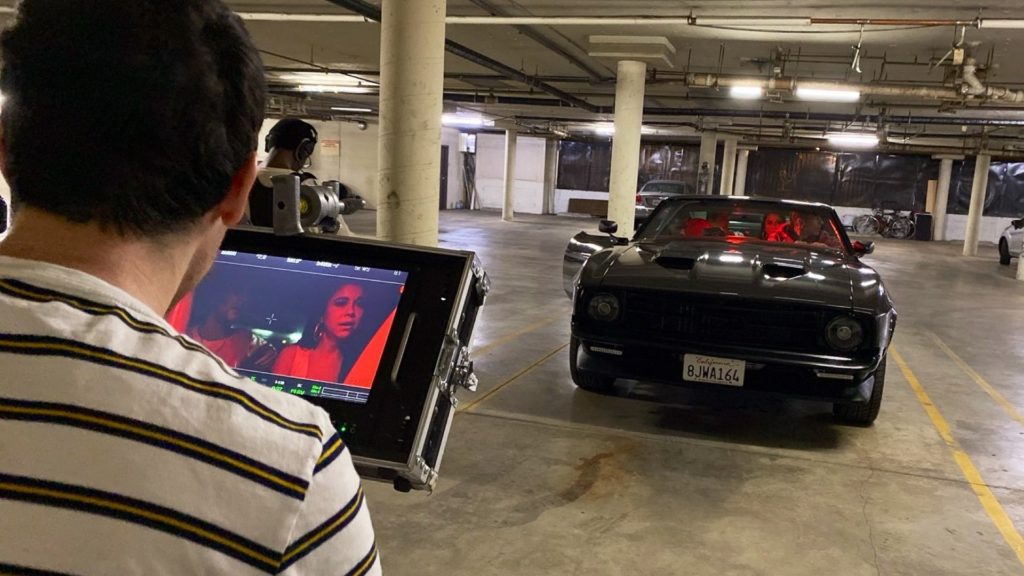
By far the most difficult thing is raising money on the indie level. I would say once you have some short films under your belt, it’s good to network out and see because investors want to see what you’ve done so they know what you can do and get a return on what they invest.
Filmmaker Michael Matteo Rossi
Final thoughts
Basically, there’re two pathways for establishing a career in filmmaking. The more ‘traditional’ route, by applying for internships and side gigs, and the indie route allows you significantly more control regarding the creativity process. The article above demonstrates the challenges involved in the indie pathway, and how to deal with them. Nevertheless, non of the pathways is easy, and both of them are characterized by total dedication and hard work.
What career pathway would you choose? Let’s know in the comments section below.

